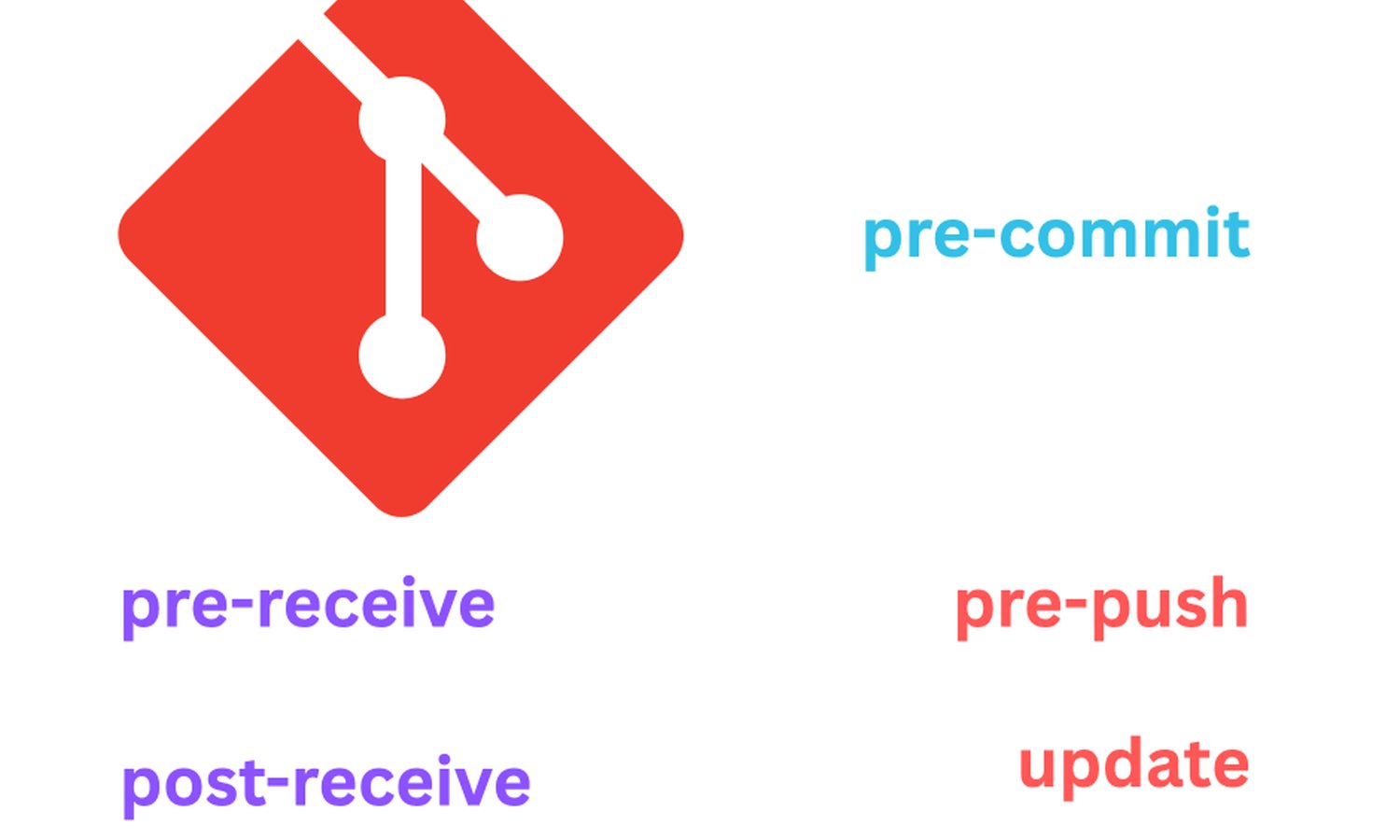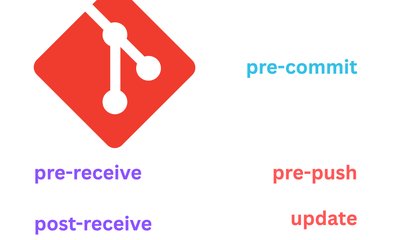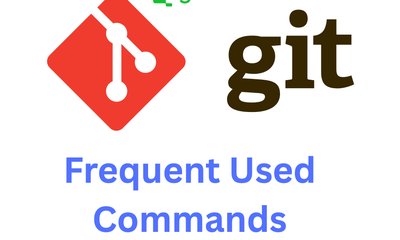Git Hooks: Automating Your Git Workflow
By admin, at: Sept. 9, 2023, 6:40 p.m.
Estimated Reading Time: __READING_TIME__ minutes


Git, the distributed version control system, empowers developers to manage their code efficiently. While Git offers a multitude of powerful features, one of its unsung heroes is Git hooks. Git hooks are scripts that can be executed at specific points during your Git workflow, automating tasks and helping you maintain code quality. In this article, we'll delve into the world of Git hooks, explore how to use and customize them, and understand their importance in optimizing your Git process.
Understanding Git Hooks
Git hooks are small, customizable scripts that Git executes automatically when certain events occur in your repository. These scripts can be incredibly versatile, allowing you to automate various tasks, enforce project-specific policies, and integrate Git with external tools. They act as gatekeepers, ensuring code quality and consistency throughout your development cycle.
Types of Git Hooks
Git provides a range of hooks, each designed to run at specific points in your workflow. Here are some common types of Git hooks along with sample code for each:
Pre-Commit Hook
The pre-commit hook runs just before you create a new commit. It's an excellent opportunity to enforce coding standards, run unit tests, or perform other checks to prevent bad code from being committed.
Sample Code for a pre-commit Hook (.git/hooks/pre-commit):
#!/bin/bash
# Example: Run a Python flake8 before committing
flake8 manage.py
if [ $? -ne 0 ]; then
echo "Flake8 failed. Please fix the issues before committing."
exit 1
fi
Pre-Receive Hook
The pre-receive hook runs on the server just before it accepts a pushed branch. This is useful for setting up server-side checks and policies to ensure that only valid code is pushed to the repository.
Sample Code for a pre-receive Hook (server-side):
#!/bin/bash
# Example: Enforce branch naming convention
while read oldrev newrev refname; do
branch=$(git rev-parse --symbolic --abbrev-ref $refname)
if [[ ! $branch =~ ^feature/ ]]; then
echo "Branch names must start with 'feature/'"
exit 1
fi
done
Post-Receive Hook
The post-receive hook runs on the server after all refs have been updated. It's often used to trigger deployment or notification processes after a successful push.
Sample Code for a post-receive Hook (server-side):
#!/bin/bash
# Example: Deploy code after a successful push
if [ "$1" == "refs/heads/main" ]; then
# Add your deployment script here
echo "Deploying changes to the production server..."
fi
Pre-Push Hook
The pre-push hook runs locally before a push is performed. It can be used to prevent developers from pushing code that doesn't meet specific criteria.
Sample Code for a pre-push Hook (.git/hooks/pre-push):
#!/bin/bash
# Example: Prevent pushing to the 'main' branch
remote="$1"
url="$2"
if [[ $remote =~ 'main' ]]; then
echo "Pushing to 'main' branch is not allowed."
exit 1
fi
Update Hook
The update hook is similar to pre-receive but operates on a per-branch basis. It can be used to enforce branch-specific rules.
Sample Code for an update Hook (server-side):
#!/bin/bash
# Example: Prevent force pushes to the 'master' branch
if [ "$2" == "refs/heads/master" ]; then
if [ "$3" != "0000000000000000000000000000000000000000" ]; then
echo "Force pushes to 'master' are not allowed."
exit 1
fi
fi
Customizing Git Hooks
Customizing Git hooks to suit your project's needs is where the real power lies. To create or modify a Git hook, follow these steps:
-
Navigate to your Git repository's
.git/hooksdirectory. -
Locate the hook you want to customize (e.g.,
pre-commit). -
Create or edit the hook script using your preferred text editor.
-
Save the script and make it executable using the following command:
chmod +x .git/hooks/pre-commit
Use Cases for Git Hooks
Git hooks can be applied to various scenarios in your development process:
-
Code Quality: Enforce coding standards, check for syntax errors, or run linting tools to maintain code quality.
-
Testing: Run unit tests or integration tests before allowing a commit or push.
-
Integration: Integrate with external services like CI/CD pipelines, issue trackers, or notification systems.
-
Security: Implement security checks, such as scanning for secrets or vulnerabilities in your code.
-
Documentation: Automatically update documentation or version numbers upon a successful commit.
-
Custom Workflows: Create custom scripts to automate specific tasks unique to your project.
Best Practices for Using Git Hooks
To make the most of Git hooks, consider the following best practices:
- Keep hooks simple and focused on a single task.
- Ensure hooks are well-documented for your team.
- Share hook scripts in your repository for collaboration.
There is a famous/useful hook that we can use for local development - Pre-Commit
Conclusion
Git hooks are a powerful tool that can streamline your Git workflow, enhance code quality, and enforce project-specific policies. By automating tasks at key points in your development process, you can save time, reduce errors, and ensure a consistent and efficient development cycle. Customizing Git hooks to meet your project's specific needs is a worthwhile investment in the long-term success of your software projects.
FAQs
1. Can I use Git hooks with any Git repository?
Yes, you can use Git hooks with any Git repository, whether it's hosted on a local server, a cloud-based service like GitHub, or your personal machine.
2. Are there pre-built Git hooks available for common tasks?
While Git provides some sample hooks in the .git/hooks directory, you'll likely need to customize them for your specific needs. However, there are also community-contributed Git hook scripts available online that you can use as a starting point.
3. Can I use Git hooks with any programming language?
Yes, you can use Git hooks with any programming language. The hook scripts are simply executable files, so you can use your preferred language to write them.





